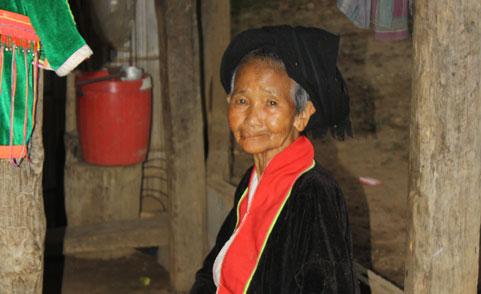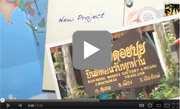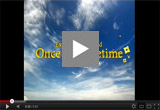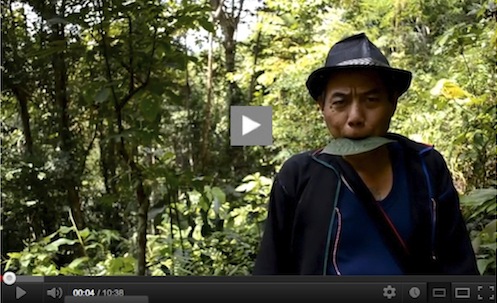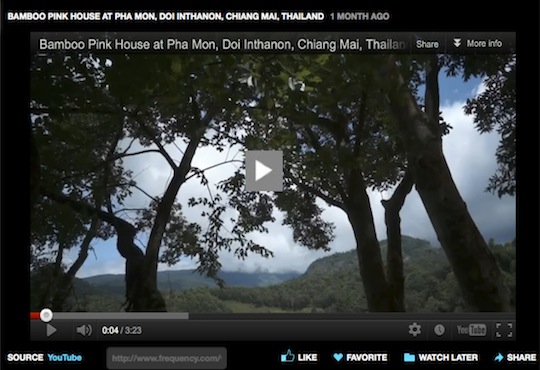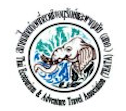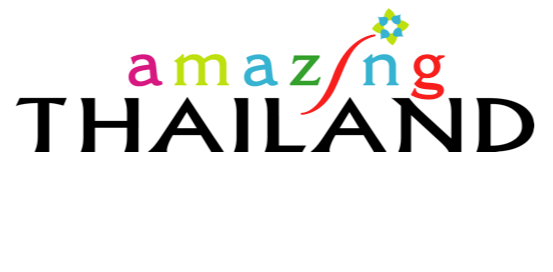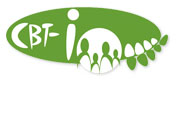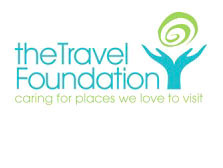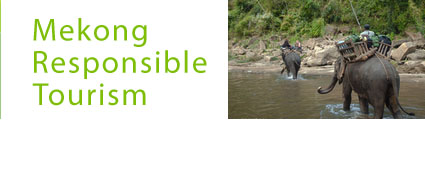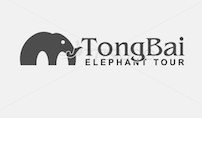Tiger Trail Thailand - The Code of Conduct
Tiger Trail Thailand has signed The Code of Conduct against child sex exploitation in tourism and is working on receiving Top Membership status.

As the tourism industry continues to grow globally, the threat towards children via human trafficking and child pornography also increase. The Tourism Child Protection Code of Conduct was created to promote children against the social exploitation. Tourism businesses are motivated to join the The Code and fight for the protection of all children.
How?
Tourism companies joining the The Code of Conduct promise to provide information to tourists/guests regarding child exploitation. The need for children protection in the tourism industry does exist.
The Code is an industry-driven, multi-stakeholder initiative with the mission to provide awareness, tools and support to the tourism industry in order to combat the sexual exploitation of children in contexts related to travel and tourism.As part of this mission, The Code employs the following six criteria (the Code of Conduct for the Protection of Children from Sexual Exploitation in Travel and Tourism), which members of the tourism industry must adhere to once they join The Code:
1. To establish a policy and procedures against sexual
exploitation of children.
The Code is highlighted in our Responsible Tourism policy,
Company Profile and information on the Code is provided
to all our travellers.
2. To train employees in children’s rights, the
prevention of sexual exploitation and how to
report suspected cases.
All our staff completed the online e-learning and one of us
attended a workshop given in Chiang Mai.
3. To include a clause in contracts throughout the
value chain stating a common repudiation and zero
tolerance policy of sexual exploitation of children.
The Code is highlighted in our Supplier Contracts,
Supplier MoU’s and Agent Terms & Conditions
4. To provide information to travellers on children’s
rights, the prevention of sexual exploitation of
children and how to report suspected cases.
All travellers will be informed on the Code via our
website, social media, company profile and travel
documents.
5. To support, collaborate and engage stakeholders in
the prevention of sexual exploitation of children.
The Code is included in our newsletters, part of our e-mail
signature and included in the MoU’s with industry
partners. We have given a presentation on The Code to
our partner organisations and try to create awareness
for the matter where ever we can.
6. To report annually on their implementation of Code
related activities.
The first annual reporting was done and upcoming
December ’13 new reporting will take place.






